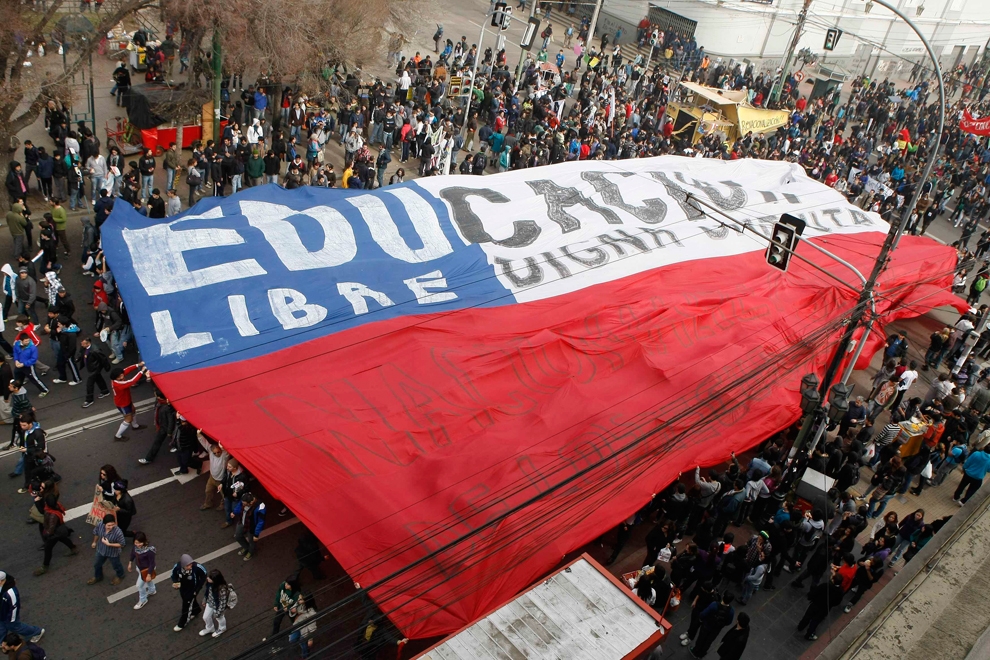
The Chilean people have had enough.
Enough of low wages, high living costs, a poor public health system and crippling wealth inequality.
Millions of citizens have participated in mass protests spanning from mid-October, with up to 1 million protesting in the country’s capital, Santiago. They are fighting for a better, fairer future.
The protesters want the government and current President, Sebastián Piñera, to recognise the damage being done by his party, ‘National Renewal’ (Renovación Nacional), and its elitist policies. They are the movement seeking change. But will this happen?
How did this come about?
Students were initially protesting against the 3% rise in metro fares by boycotting the transport system to signal their discontent, with the coined slogan of ‘Evade, and not pay’.
But economic inequality is widespread. According to the World Bank, Chile’s richest 1% earn a colossal 33% of the nation’s wealth. This demonstrates to many that economic policies, such as the hike in metro fares, are not designed with the ‘average’ Chilean in mind.
The constitution, is old and outdated, having been drawn up during the military dictatorship by General Pinochet nearly 40 years ago. It provides a strong foundation for a market-driven economy, resulting in mass privatisation of pensions, health, and worryingly, education.
When these issues were combined with the brutality of the police during the protests, which even President Piñera condemned as ‘excessive’, Chileans were forced to stand up for their fellow protesters.
A disconnect between President and the electorate
There is a strong detachment between the President’s government and those on the receiving end of these policies. Despite the country’s relatively wealthy position in Latin America, the deep societal problems of poor wealth distribution has resulted in an explosion of anguish against the state. How can it be that the economic growth that the Chilean government boasts of still doesn’t trickle down to lower socio-economic groups in 2019? Not to mention, Forbes reported that Piñera has earned US$2.8 billion mostly from his company Bancard (founded 1976) and other investments; which is wholly unrepresentative of the wealth of the majority of Chileans, thus revealing an excessive inequality gap.
The response from Piñera indicates progress
Piñera recently sacked his cabinet and has introduced reforms including increasing the basic pension and minimum wage (currently a mere £340 per month). But does this indicate a change in approach? Hopefully, yes, seen in his offer of a referendum on whether the constitution should be rewritten. It might deliver real social transformation.
What now?
Even if a new constitution is drafted, who’s to say this will solve the inequality in Chile? Whilst it’s certainly a step in the right direction, the stain left by a brutal dictatorship on an outdated constitution means its ruthless influence is entrenched in the heart of Chile. The referendum, to be held in Spring 2020, illustrates a sense of success for the protesters. The President seems to have conceded, for now.
Written by Jess Mahon



Average Rating